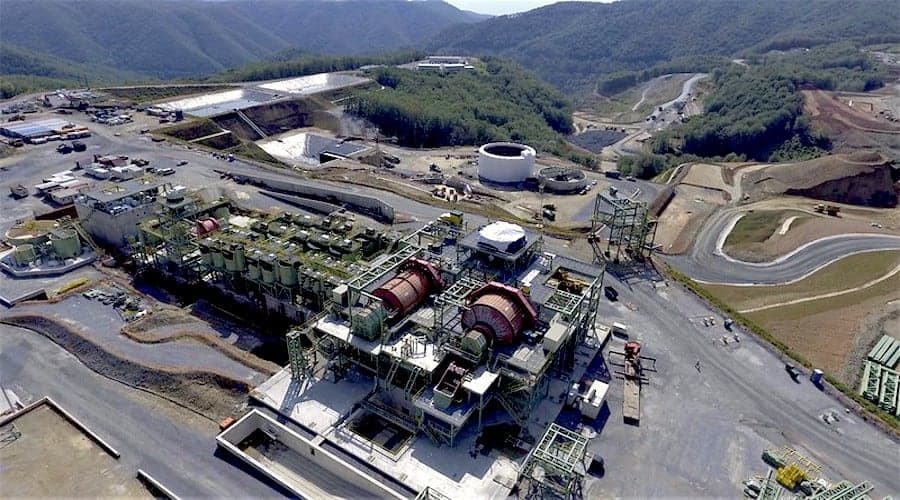The picturesque Halkidiki region of Greece, known for its stunning coastline and the birthplace of Aristotle, may soon be recognized for another reason: a potential gold rush that echoes its ancient past. This region is renowned for its gold deposits, mined since the time of the Ancient Greeks who were skilled metallurgists, transforming the precious metal into jewelry, coins, and other valuable objects. Now, Canadian mining company Eldorado Gold, through its subsidiary Hellas Gold, believes it has discovered a staggering 740,000 tons of gold at the Skouries mine.
This discovery, if confirmed, could be worth billions of dollars, injecting much-needed capital into the Greek economy. Hellas Gold is already planning to increase its workforce significantly in preparation for extraction next year.
The Skouries mine is not just about gold; significant copper deposits have also been found. This is particularly relevant as copper is a critical component in many green energy technologies, including electric vehicle batteries.
However, this potential windfall is not without controversy. The project has drawn fierce opposition from environmental activists and local communities concerned about the potential ecological impact. Deforestation, water pollution, and damage to the region's rich biodiversity are among the key concerns. These concerns have resulted in legal challenges and delays, highlighting the delicate balance between economic opportunity and environmental protection.
The situation in Halkidiki throws into sharp relief the complex issues surrounding resource extraction. As Greece stands on the cusp of potentially unearthing vast mineral wealth, echoing the endeavors of its ancestors, it must carefully weigh the economic benefits against the potential environmental costs. The world will be watching to see how this delicate situation unfolds.

